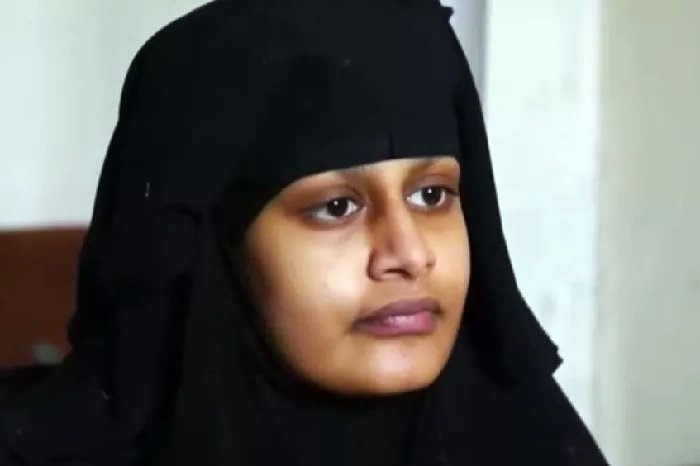Zahra Banday, BA English
In February 2015,
However, it seems that Begum’s story has become a vehicle for people to express their specific agendas, essentially giving them carte blanche to push Islamophobic and anti-immigration rhetoric.
The BBC even reported a shooting range in Merseyside, Liverpool using Begum’s face as a target, after “record numbers” of customers requested it.
Within the Muslim
Conversely, there is the argument that she was only fifteen when she left the UK and was by all accounts a child who was brainwashed into the Caliphate. She has suffered enough watching her two children die of malnourishment and having had to give birth in a Syrian camp. She has also claimed in her BBC interviews that she was simply a “housewife” during her time with ISIS, she stayed at home to look after her husband and children and did not commit any acts of violence. However, her unfazed nature at once seeing a “beheaded head in the bin” arguably shows that she was not disturbed by the regime she was surrounded by. This coupled with the lack of remorse and sense of entitlement from Begum was one of the most jarring aspects of that interview. When asked about what she had to say to her family, who for the most part had been campaigning furiously for her return, she stated, “You know, just keep trying to get me back. I really don’t want to stay here”. The idea that she expects help from her family and the UK government after what she has done shows a complete lack of awareness.
Many people, including myself to an extent, look upon cases like Shamima and want to see some remorse in order for her to be pardoned. Perhaps this is Western conditioning that she must be appearing to conform to traditional aspects of victimhood in order to be forgiven. If Raqqa had not fallen then Begum would not be asking for a way back and that is something that should be taken into consideration. Begum’s narrative creates a racial tension that spills out into everyday life. Visible Muslim women in particular may suffer just a bit more because when tension arises Muslim women are famously easy targets. Begum is not the one inciting violence against Muslim women but they will surely suffer as a result. A platform has been given to racists to be racist. I do see what Amir Khan is saying when he writes, “stop giving us all a bad name”. The collective will very often suffer as a result of the individual. The danger of dealing with a case like this is an oversimplification of the issue.
Credits: BBC News Video
